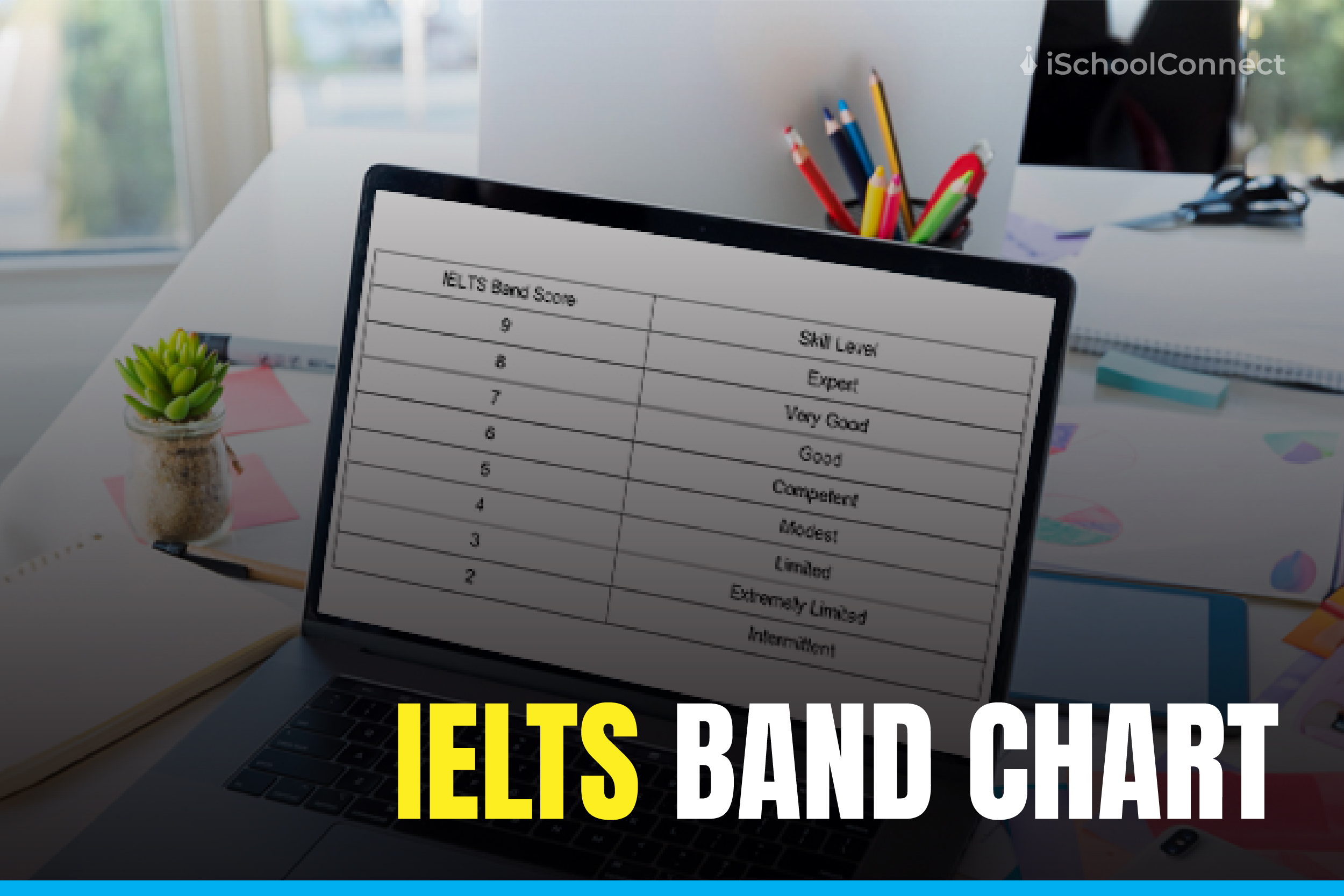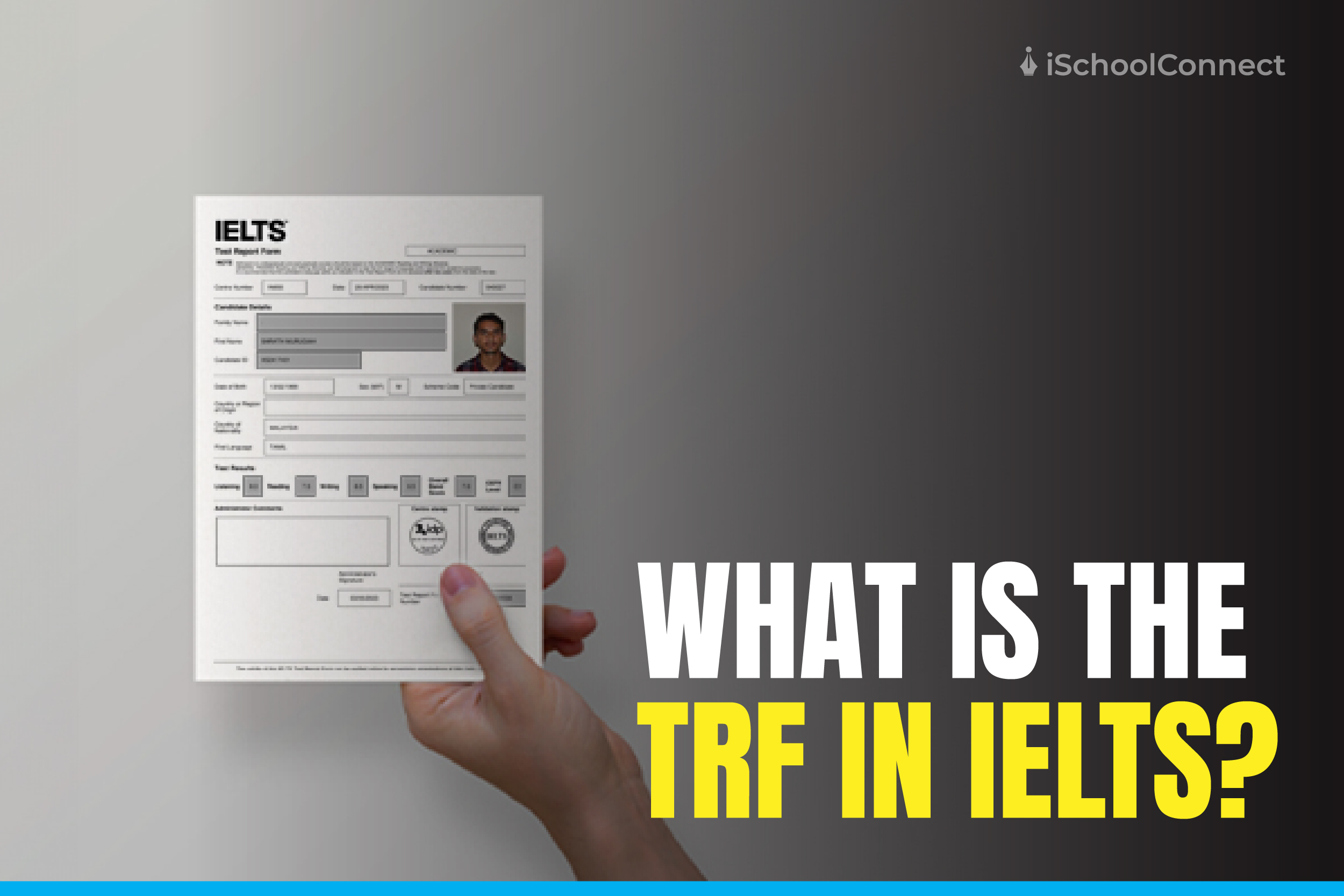Table of Contents
IELTS speaking | Know about this section
The fourth and final part of the IELTS exam is the IELTS Speaking segment. The Speaking test is a dialogue between you, the test-taker, and an examiner between 11 and 14 minutes. The sections of the Speaking test are as follows-
- Section 1– Introduction and interview in Part 1 (4 – 5 minutes)
The examiner will question you personally and generally on well-known subjects, including your home, family, job, studies, and interests.
- Section 2– Long Turn (3 – 4 minutes, including prep time)
You’ll receive a task card from the examiner asking you to discuss a specific subject. You have two minutes to speak after one minute of preparation. The examiner will then ask you one or two extra questions after that.
- Section 3– Discussion (4 – 5 minutes)
The examiner will ask you further on the topic covered in Part 2. You now have the opportunity to elaborate on your points and bring up more complex concepts.
You can make your dialogue with the IELTS examiner more engaging by stressing certain phrases and pausing at crucial points in your speech.

Tips to ace IELTS speaking
Follow the 6 tips below, and you’ll be well on your way to ace the IELTS speaking test!
Choose a reliable study partner
You can exercise your speaking skills with a study partner. Just be careful not to partner up with someone whose English ability is far greater than your own since this is a certain way to feel disheartened and unsure of your abilities.
Your knowledge is not being evaluated
One of the most difficult components of the IELTS Speaking test is that you won’t be familiar with the themes beforehand. There’s a risk you’ll be quizzed on a subject you know little about or have expertise with. However, examiners are more concerned with how you respond to questions than your knowledge. It demonstrates your resourcefulness and ability to come up with a response despite your lack of familiarity with the subject.
Use fancy vocabulary without fear
Don’t be hesitant to use “fancy” language. Using abstract nouns instead of tangible nouns is one way to look at it. Your chances of scoring highly increase with the number of new words and concepts you include in your response.
Avoid monotonous tone
Speaking monotonously will make you appear inexperienced and may lower your score. Instead, consider how you would respond if you answered in your mother tongue, and then translate those similar emotions into your English speaking.
Present with a confident attitude
Possibly the most nerve-wracking IELTS task is the Speaking test. It is entirely normal and not cause for concern. However, it’s crucial to present a confident attitude even if you’re feeling uneasy. Make sure you dress professionally and present yourself as clean and organized because a good first impression can go a long way toward developing a connection with your examiner. Smile and shake your examiner’s hand firmly as you say hello.
Set a reasonable pace
We frequently mistake speaking a language quickly for being proficient. While some of this is true, it’s better to avoid getting caught in the speed trap when taking the IELTS Speaking test. Speaking too quickly can make you sound incoherent. Speaking too slowly may cause your instructor to become disengaged. The best course of action is to maintain a constant, even pace. It will ensure you are comprehensible and make a strong first impression on your examiner.
Key takeaways
- You can also make a recording of yourself to hear how confident you sound and whether your pronunciation needs improvement.
- Your response shouldn’t contain sentences that directly answer the examiner’s question. After understanding the query completely, recalibrate it on your tongue.
- Give as much information as you can in your response. Instead of simply responding with a “yes” or “no,” consider developing your responses to each question.
- Make an effort to justify your response. It encourages the usage of more diverse syntax and vocabulary.
Please feel free to contact us with any questions you may have about studying abroad and the different study abroad exams!
Like this blog? Read next- IELTS speaking topics with answers | 4 topics and tips inside!
FAQs
Question 1. How long does the Speaking portion of the IELTS test last?
Answer- A test taker and a professional and experienced examiner interview to complete the IELTS Speaking test. The entire test lasts 11 to 14 minutes. The candidate must spend 4-5 minutes on Part 1, 3-4 minutes on Part 2, and 4–5 minutes on Part 3.
Question 2. Is IELTS speaking challenging?
Answer- Only individuals who have not studied well for the exam can find the IELTS Speaking test challenging. For the IELTS Speaking test, it’s critical to prepare thoroughly and follow the guidelines to perform well.
Question 3. Are the IELTS speaking tests administered on the same day?
Answer- The IELTS test’s listening, reading, and writing components are all administered on the same day. The Speaking test can, however, also be taken at some testing facilities the day of the test or seven days before or after. On the same day as the IELTS online exam, the Speaking test can be taken before or after the other three.






